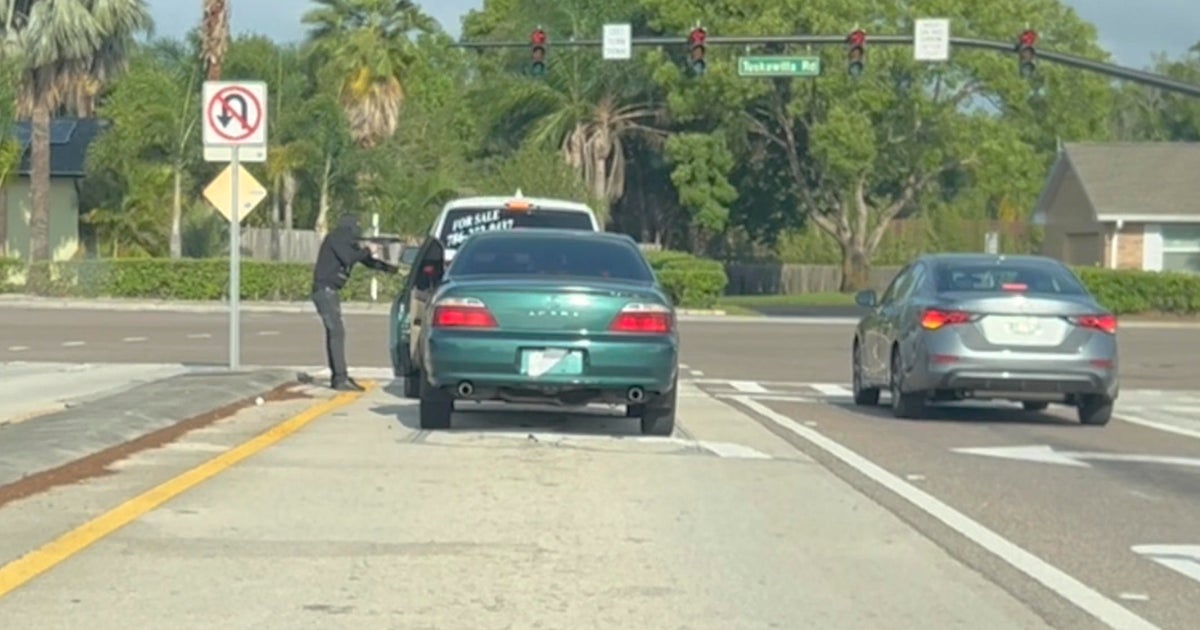AT&T, T-Mobile Join To Superserve Customers Hit By Superstorm Sandy
NORTHEAST U.S. (CNET) — Relief is coming for wireless customers that have suffered with poor service in the wake of Hurricane Sandy.
On Wednesday, AT&T and T-Mobile USA announced that they entered into an agreement to enable roaming on their networks to customers of both companies in areas most affected by the hurricane and where capacity is available from one carrier or the other.
AT&T and T-Mobile customers will be able to place calls just as they do normally. But the calls will be carried over whichever network is up and running in their area. The roaming will be seamless to customers of both wireless companies. There will be no roaming charges or fees associated with these calls. And a subscribers' current service agreement will stay in place.
This temporary roaming arrangement is possible because T-Mobile and AT&T both use the same network technology based on GSM and UMTS standards, which allows for this sharing of voice and data traffic. But keep in mind that AT&T 4G LTE services will not be able to roam onto T-Mobile since T-Mobile does not yet support LTE technology.
This should help some AT&T customers in places, such as New York City, where power has been out below 39th Street in Manhattan since Monday evening. Parts of Brooklyn and Queens have also been affected by power outages and poor cell phone coverage. While T-Mobile customers have also experienced spotty services in lower Manhattan, the bulk of the complaints seem to be coming from AT&T customers.
AT&T's traditional 3G wireless network had a spotty record in parts of New York City prior to the big storm. AT&T iPhone and other smartphone users have complained for years about slow data service and dropped calls throughout New York City. The company has been working to improve its network in New York City. And recently it launched its 4G LTE service, which has started to alleviate some congestion. Still, with the storm knocking out some AT&T cell sites, it has only increased the strain on an already over-taxed network.



